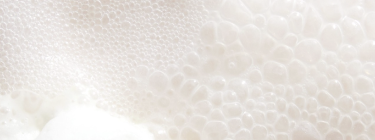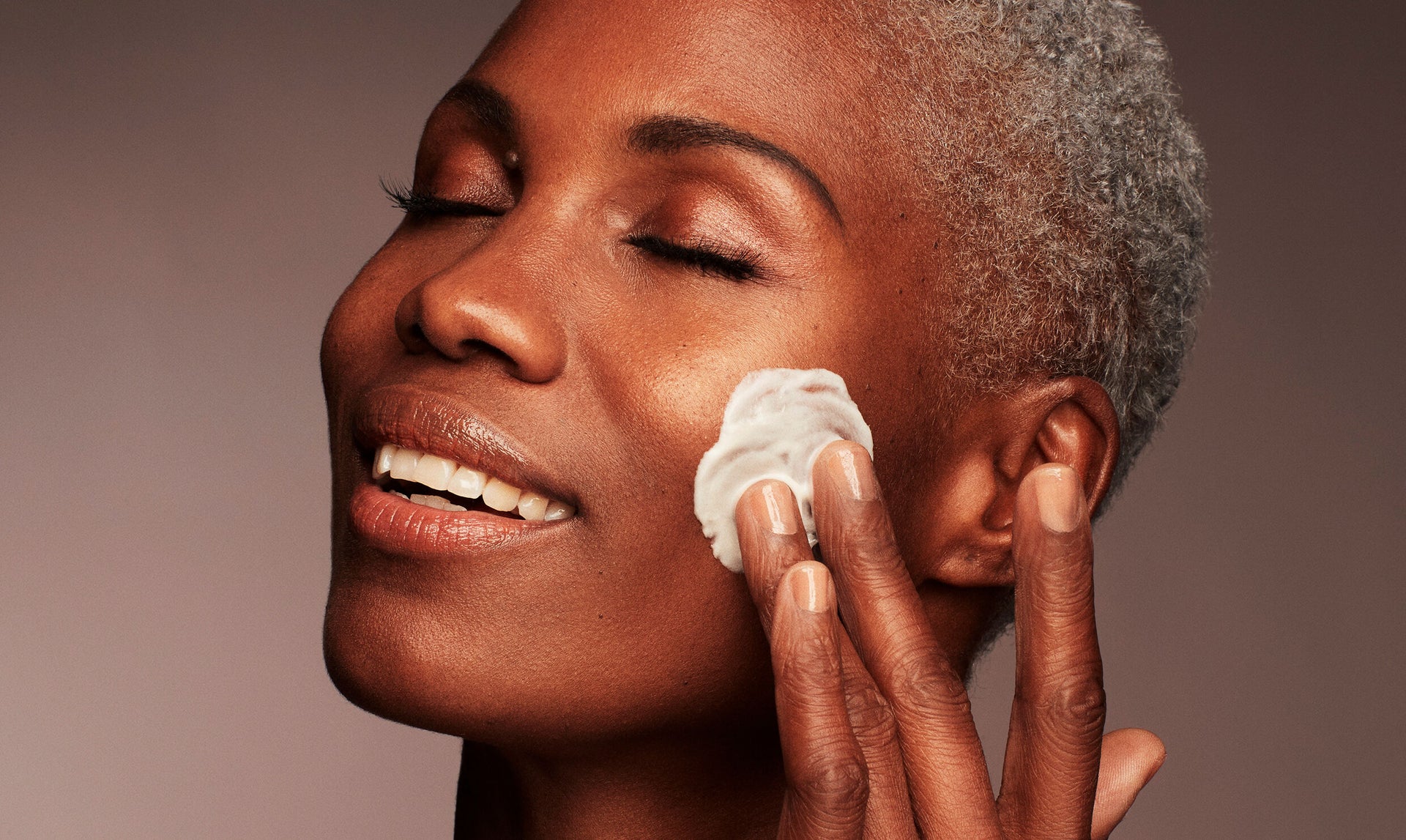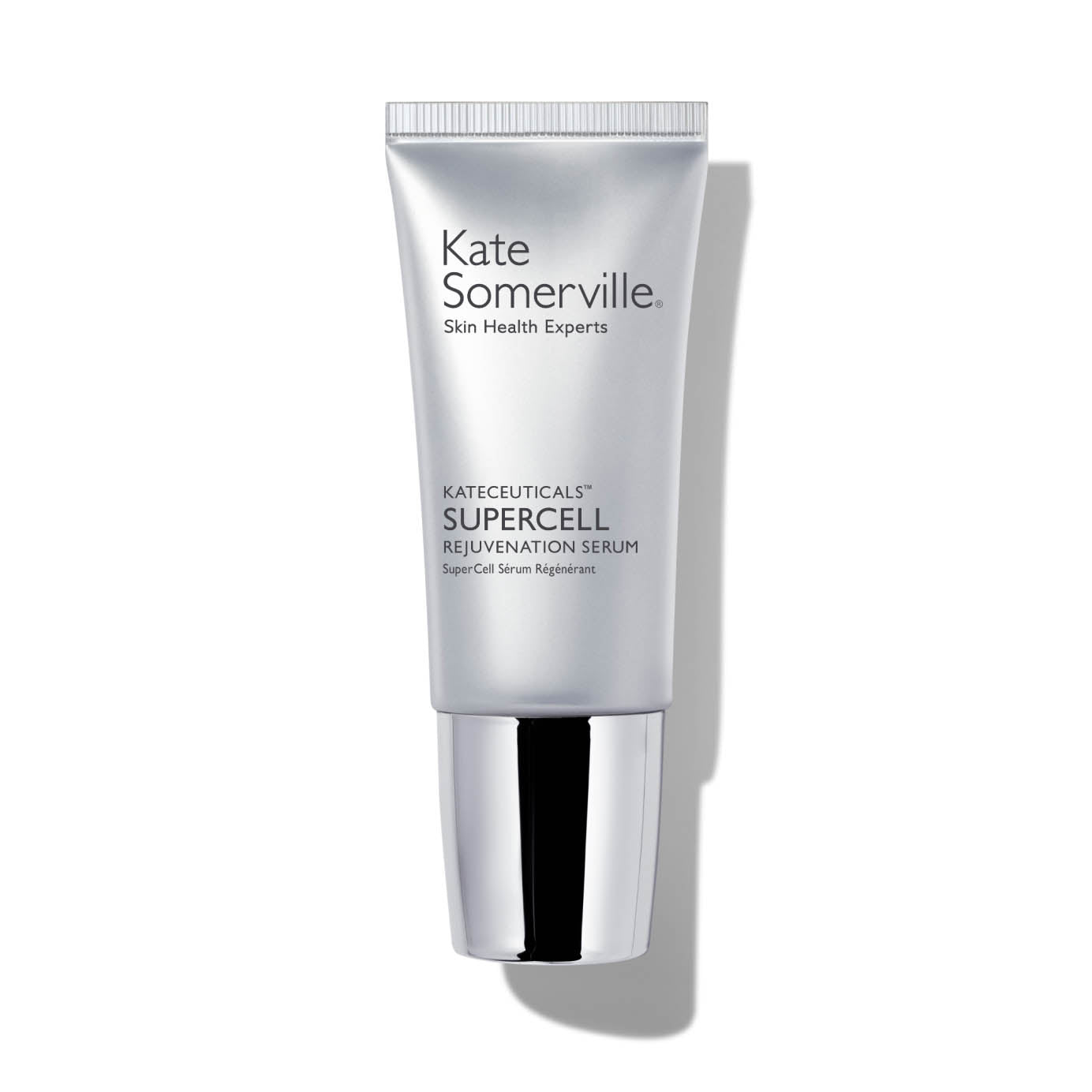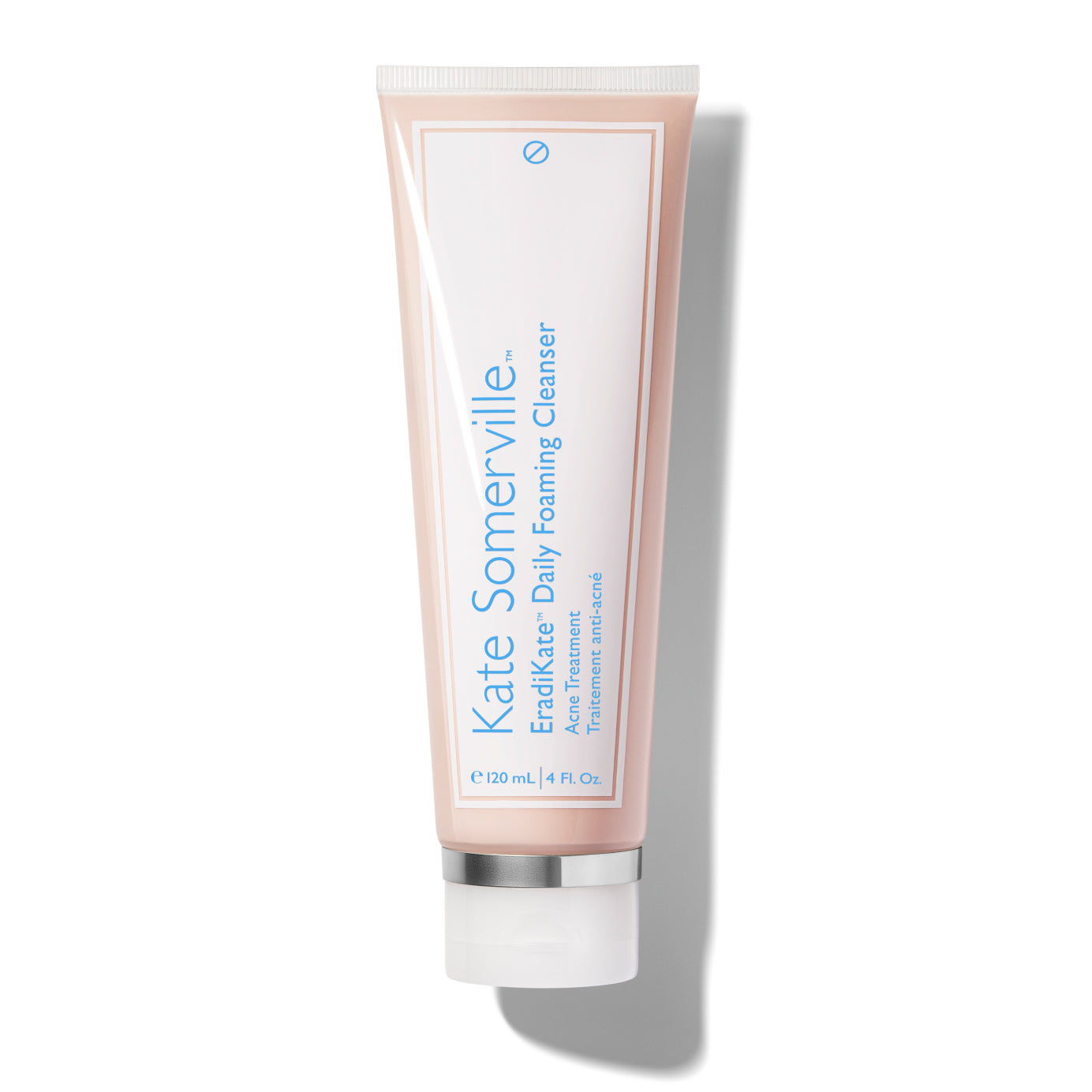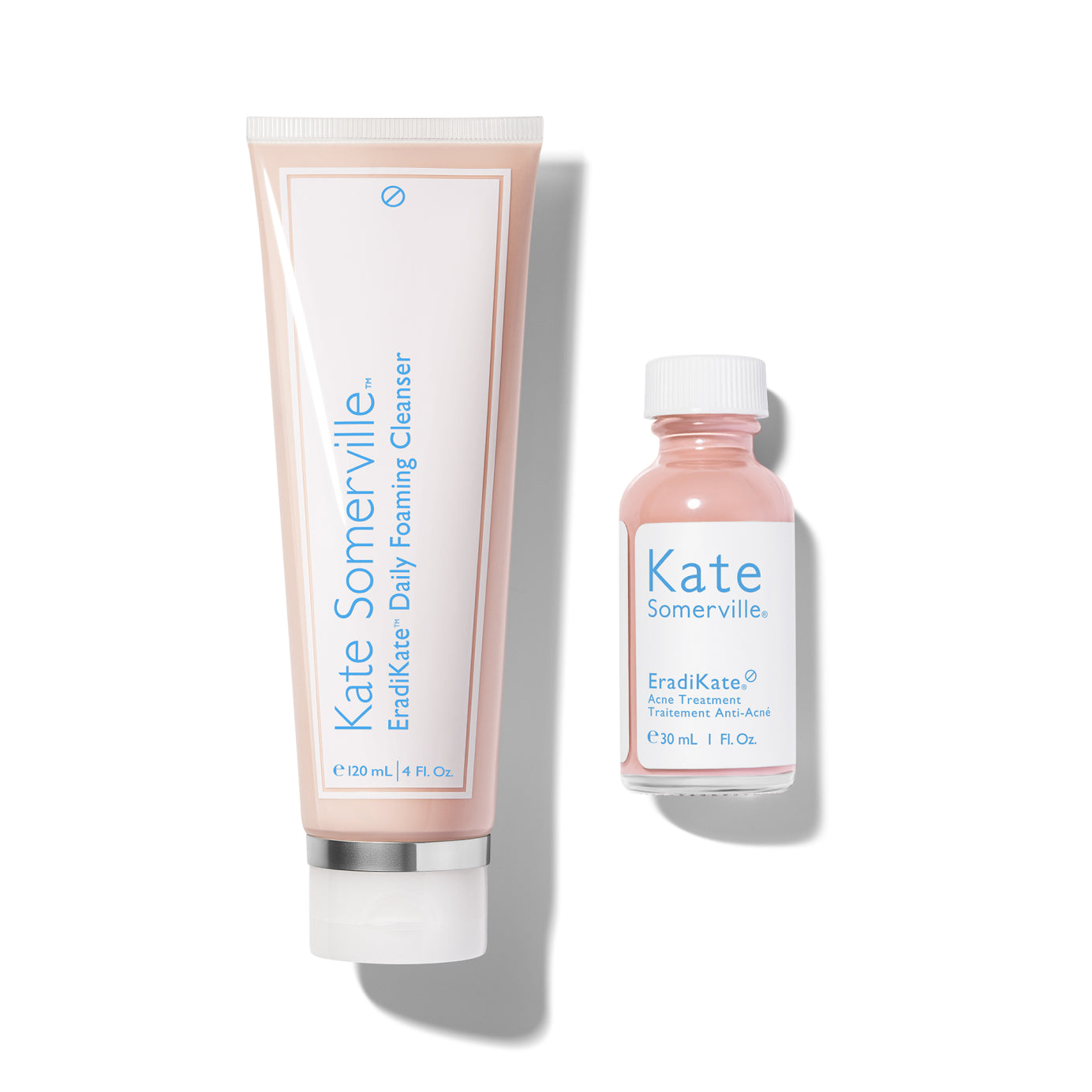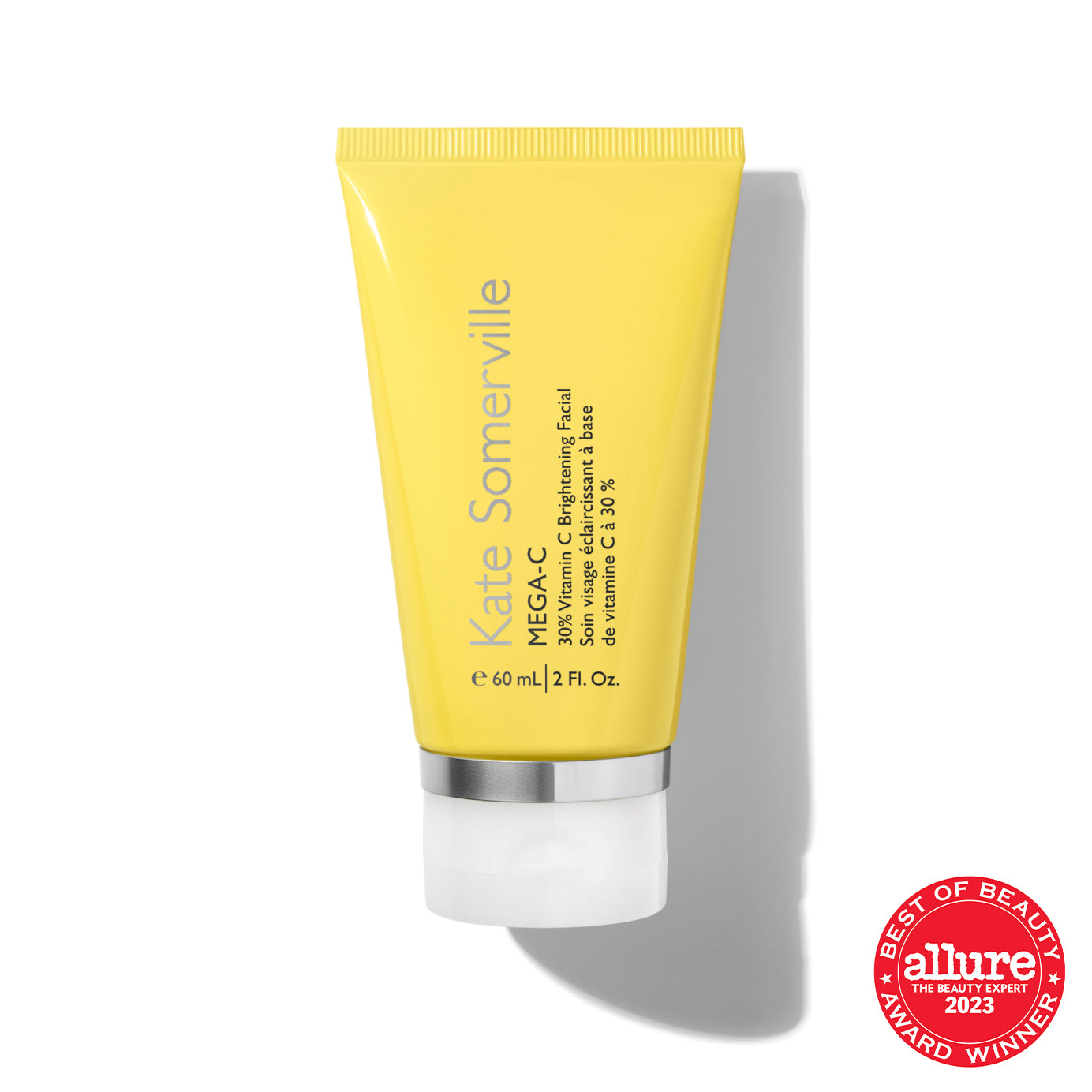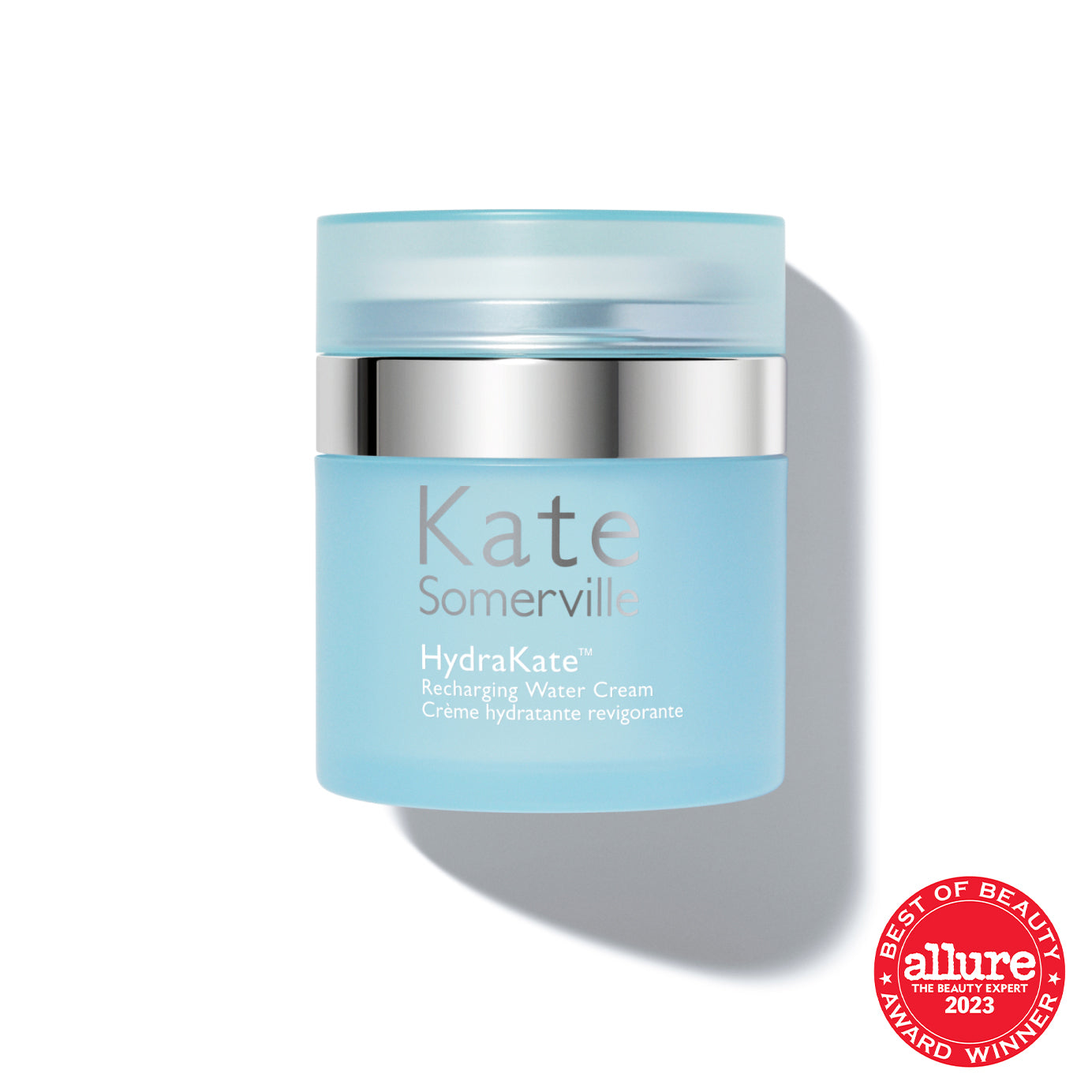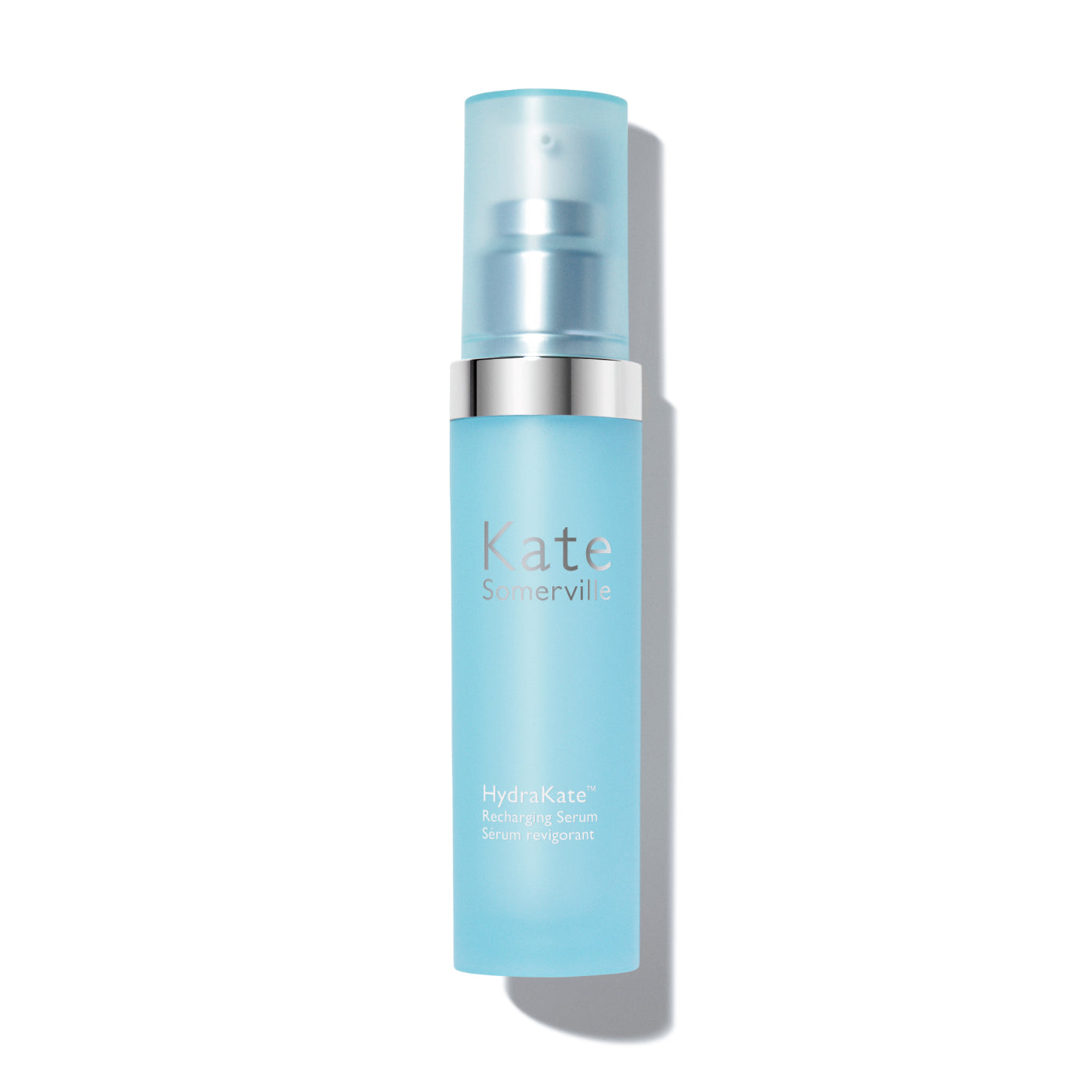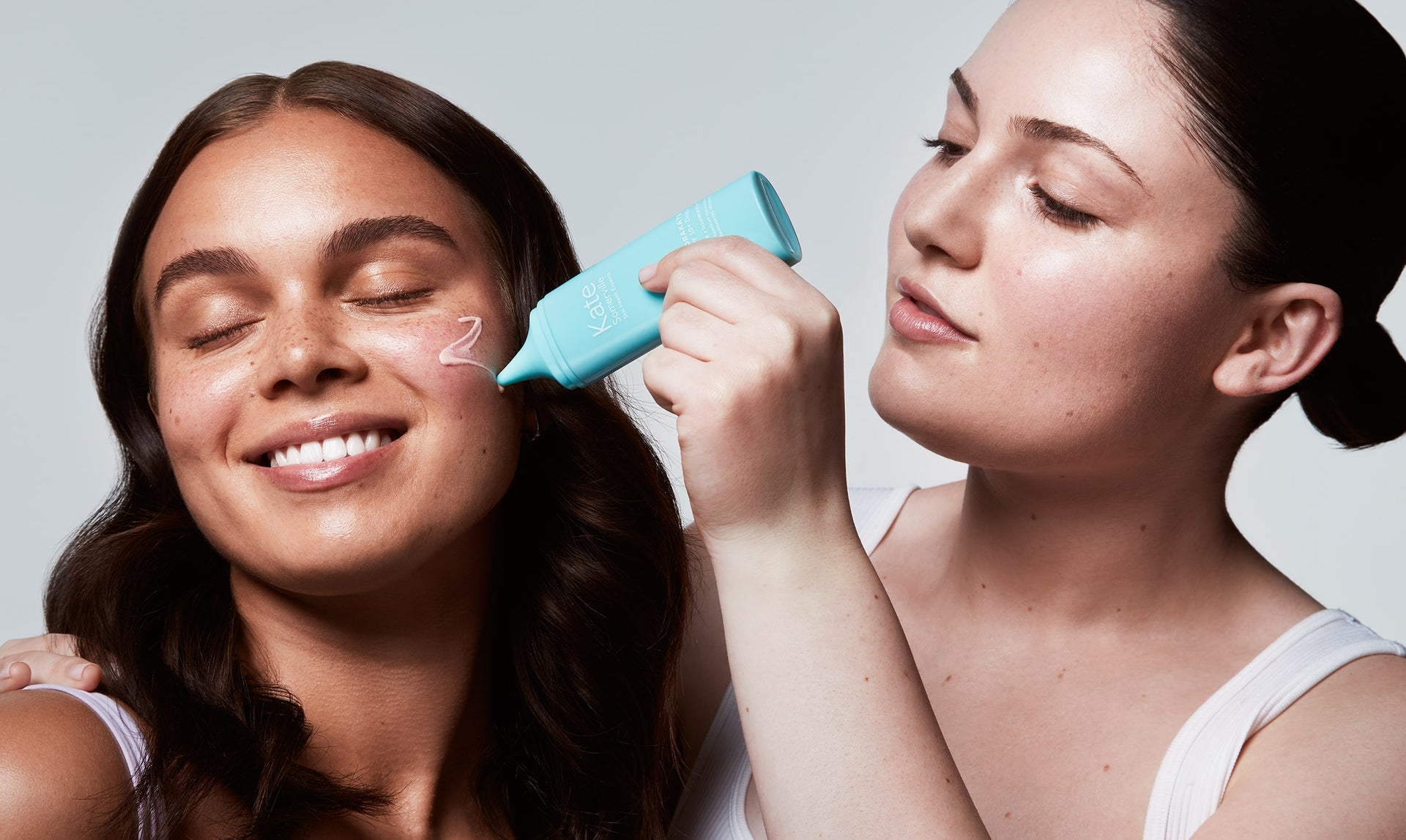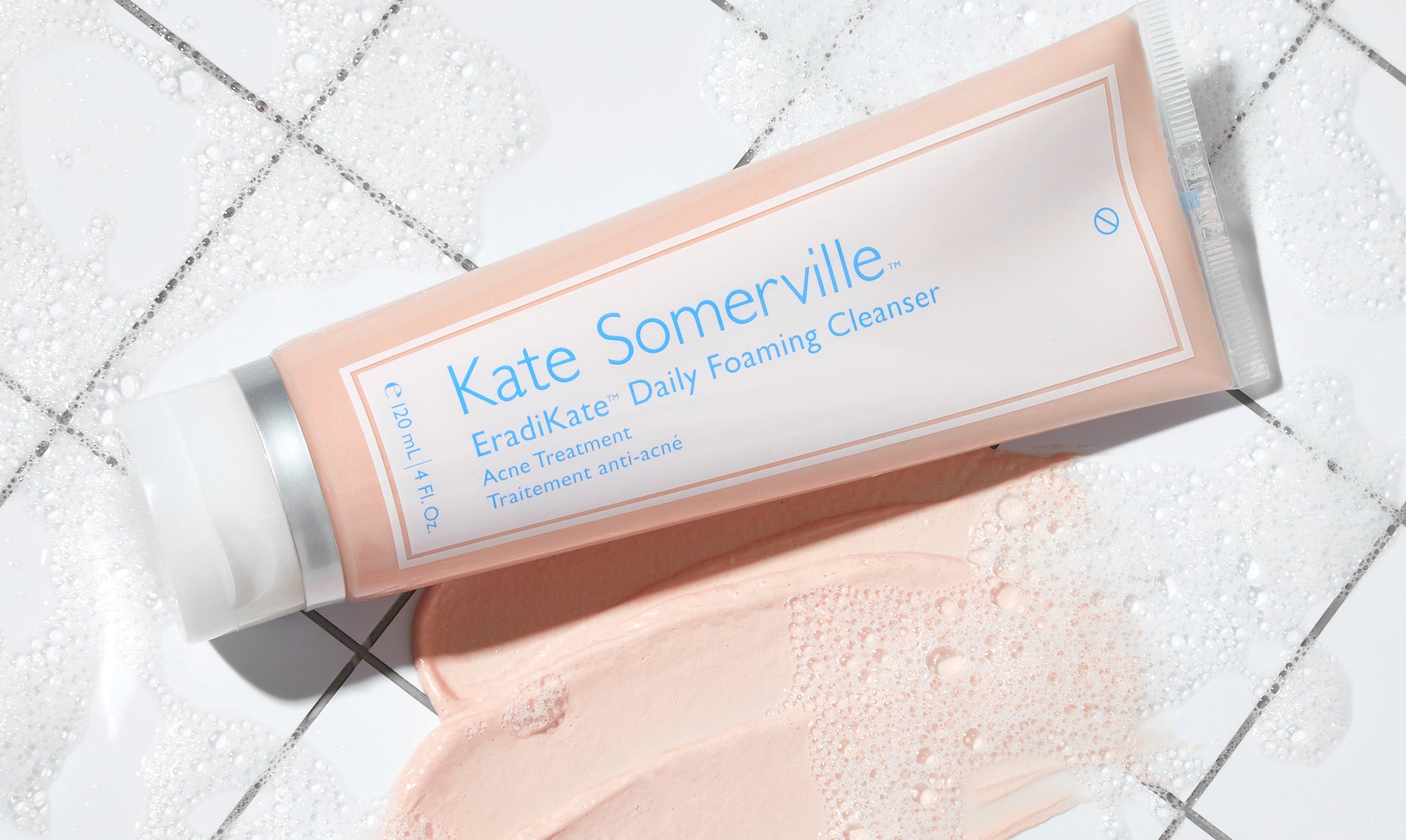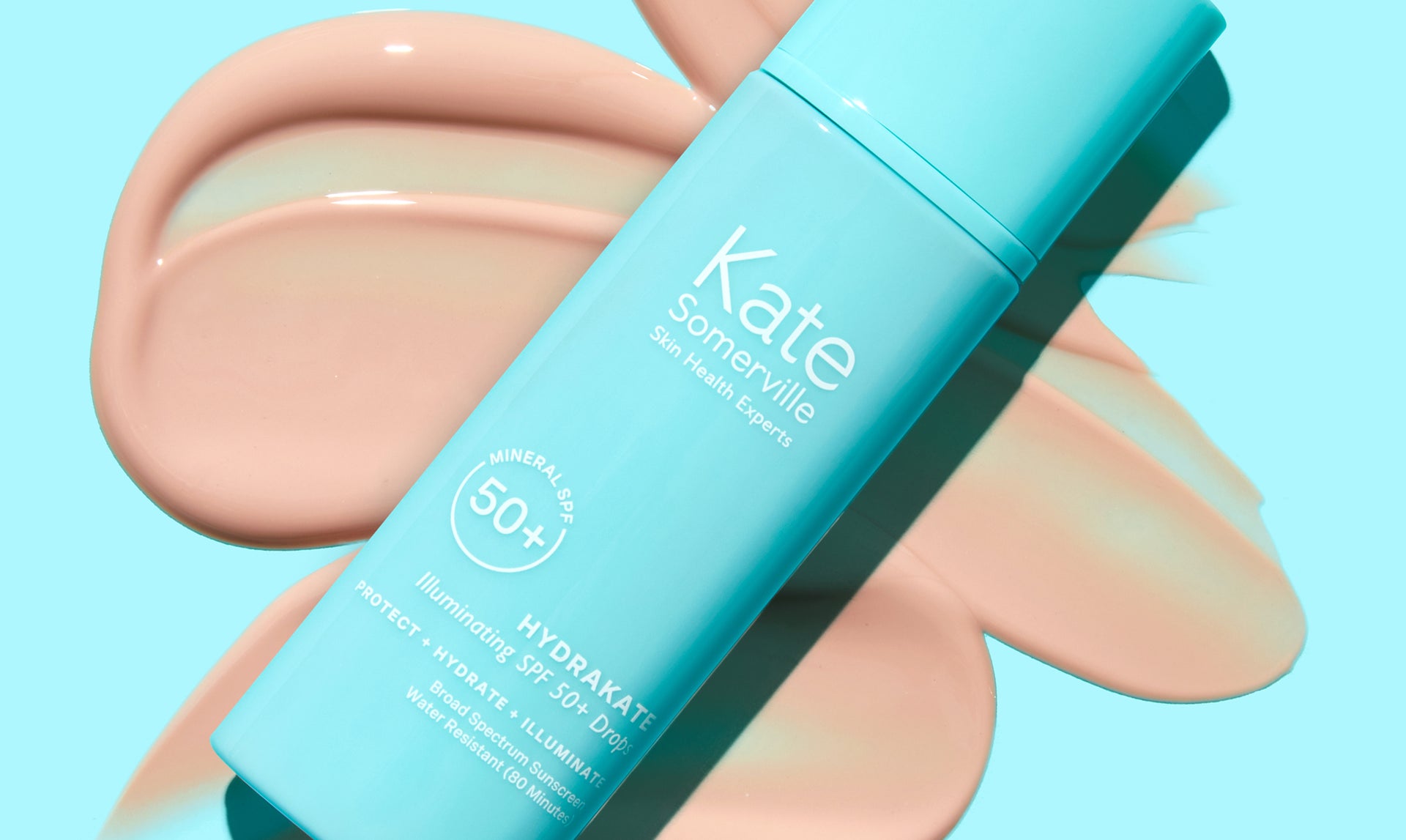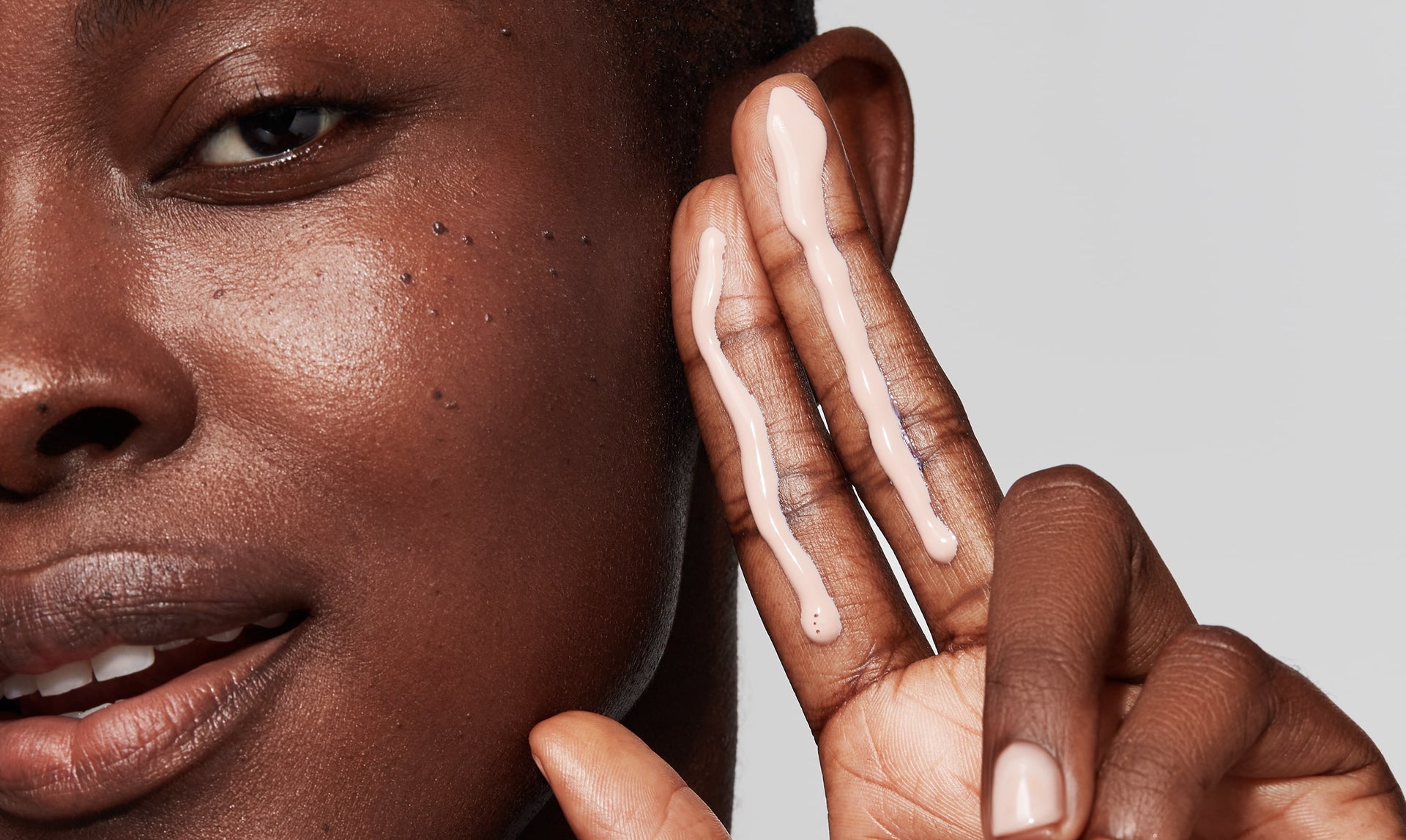How to Tighten Skin on Face in 4 Ways
As we age, our skin goes through natural changes—sagging, fine lines, wrinkles—that can diminish its glow. Luckily, infusing it with vitamins, skin-repairing ingredients, and moisture can help improve its elasticity, tone, and texture. No need to resort to lasers or plastic surgery to tighten skin.
Our Skin Health Experts have created an in-depth list of their favorite and most-effective ways to boost skin’s suppleness and radiance.
#1 Retinol
If you’ve ever looked at the ingredient list on your favorite overnight moisturizer, you’ve probably seen the word “retinol” or “retinoid.” Essentially, retinol works to increase skin cell turnover rates to keep up with the diminishing collagen production that comes naturally with age.
The use of retinol is encouraged by many skincare experts, thanks to the various benefits it provides, which include:[1]
- Exfoliation – Exfoliation improves skin cell turnover. As dull, dead layers of skin fall away, fresh, glowing skin is revealed.
- Improved skin fullness – Retinoids stimulate collagen production, which helps diminish wrinkles and sagging, and leave skin looking fuller and tighter.
- Balanced skin tone – In addition to repairing skin damage, retinoids help improve your overall complexion by balancing pigmentation, discoloration, and rough texture.
If you’re looking to infuse skin with restorative retinoids, add retinol creams and serums to your nightly routine. They’ll leave skin feeling nourished and replenished.
#2 Hyaluronic Acid
To understand the effects of dry skin, think of the desert floor—parched terrain becomes cracked with fine lines and rippled with rigid crevices. Unfortunately, the same can happen to your skin if it’s not moisturized regularly.
Moisturizers or serums with hyaluronic acid are known to be highly effective at locking in moisture and keeping skin hydrated and supple. Why is it so effective? The ingredient occurs naturally within our bodies and provides vital support to many internal functions, such as:[2]
- Maintaining hydration
- Lubricating joints
- Regulating tissue repair
- Aiding blood vessel formations
- Helping to execute fibroblast migration
And it lubricates our skin, too. The sugar molecule binds water to collagen to trap moisture in the skin, repair uneven texture, and nourish skin for a dewy complexion.
#3 Vitamin C
Vitamin C is essential for collagen production, which helps maintain skin’s strength and elasticity. The vitamin also helps keep skin healthy in other ways:
- Protects against UV damage – UV rays are a leading cause of skin damage. Fortunately, vitamin C combats UV damage by fighting against free radicals in the body.
- Decreases the appearance of wrinkles – Applying vitamin C regularly can prevent skin aging. It plays a key role in collagen production and, therefore, wrinkle reduction.[3]
- Balances skin tone – Infusing skin with vitamin C may help repair wounds throughout the body and reduce skin discoloration and other blemishes.
Vitamin C helps refresh and repair skin for a healthy, natural glow.
#4 Healthy Lifestyle
When you want to tighten facial skin, it’s important to consider all angles. Your skin is delicate and can be affected by numerous factors, such as sun exposure, pollution, and hormonal changes.
While incorporating restorative products into your daily routine can help improve skin’s elasticity, lifestyle choices can help, too:
- Wearing sunscreen daily
- Reducing drinking and smoking
- Avoiding rubbing or pulling skin (especially around your eyes)
- Drinking plenty of water
- Eating a balanced diet
- Sleeping for at least eight hours
- Increasing collagen and elastin[4] intake
- Alleviating stress
Additional notes:
When taking care of your skin, don't just apply products to your face. Apply them to your neck, too, because that skin ages the fastest. More importantly, some of the active ingredients listed here are merely recommendations. You still need to find products ideal for your skin type. Don't buy into trendy products, such as clay mask, face mask, red light therapy, laser treatment, etc. without doing proper research beforehand. Better to have saggy skin or loose skin than irreparable damaged skin.
Give Your Skin a Boost With Kate Somerville
Keeping skin supple and soft doesn’t have to require lengthy, expensive treatment. Placing careful thought into daily skincare products and healthy routines can help improve skin health. You should also look into using elastin products. What is elastin[6] ? Elastin is an essential protein that helps promote skin elasticity.
Unlock the power of skin-restoring ingredients with Kate Somerville.
Our KateCeuticals™ Total Repair Cream is formulated with hydrating ingredients like hyaluronic acid, squalene, and hemp oil to smooth and repair skin. Our +Retinol Vita C Power Serum Firming & Brightening Treatment helps improve skin’s texture and tone.
As Skin Health Experts, we believe in the power of accessible skincare, whether you’re ordering online or visiting our LA or NYC clinic. Explore Kate Somerville skincare today.
Sources:
The McDaniel Institute of Anti-Aging Research. Efficacy and tolerability of a double-conjugated retinoid cream vs 1.0% retinol cream or 0.025% tretinoin cream in subjects with mild to severe photoaging. https://onlinelibrary.wiley.com/doi/epdf/10.1111/jocd.12381
Dermato Endocrinology. Hyaluronic acid: A key molecule in skin aging. https://www.ncbi.nlm.nih.gov/pmc/articles/PMC3583886/
Linus Pauling Institute. Vitamin C and Skin Health. https://lpi.oregonstate.edu/mic/health-disease/skin-health/vitamin-C
[1]The McDaniel Institute of Anti-Aging Research. Efficacy and tolerability of a double-conjugated retinoid cream vs 1.0% retinol cream or 0.025% tretinoin cream in subjects with mild to severe photoaging. https://onlinelibrary.wiley.com/doi/epdf/10.1111/jocd.12381
[2]Dermato Endocrinology. Hyaluronic acid: A key molecule in skin aging. https://www.ncbi.nlm.nih.gov/pmc/articles/PMC3583886/
[3]Linus Pauling Institute. Vitamin C and Skin Health. https://lpi.oregonstate.edu/mic/health-disease/skin-health/vitamin-C
